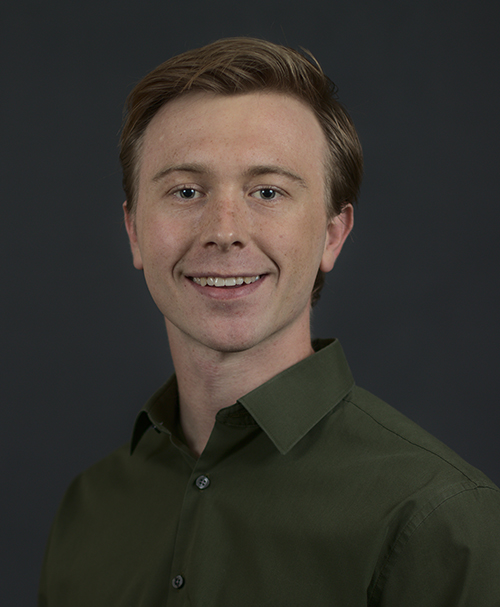Graduate research

Graduate student researcher analyzes airport passenger arrivals to help improve TSA checkpoint operations
Randy Grivel
Arizona State Univesity (ASU)
Field of study: Doctorate in industrial engineering
Protecting air travelers and the airline industry from hostile threats is an important part of the Homeland Security activities. However, the security screening process can often result in lengthy delays for travelers and increased stress for Transportation Security Administration (TSA) who oversees these efforts.
Researchers at CAOE are studying this issue to help airports screen travelers more efficiently, without reducing the level of security. This study titled; “Optimization of Resources at Screening Facilities for Increased Threat Detection” is focused on assisting the TSA in achieving the agency’s goal of providing customers with a positive experience as they proceed through the necessary security processes.
Student Randy Grivel is an important member on this team, working at Sky Harbor Airport in Phoenix, Arizona to analyze the patterns of passengers and their impact on TSA checkpoints. The project seeks to learn how many distributions of passengers arriving to a security checkpoint should exist, based on known flight characteristics. The results will help the TSA to create a more robust framework for staffing decisions.
Grivel sees the real challenge of this project in acquiring the data required for a strong model. “Most people know airlines can accurately predict how many people with tickets to a flight will arrive at the airport. It is not as clear when those travelers will arrive at a security checkpoint,” he explained. “On the surface, the problem seems easy to solve but gathering the proper data is the primary obstacle,” he added.
Working on this project has helped Grivel to appreciate the critical role of DHS behind the scenes of everyday life. He believes as a result of this project, going to the airport will become a more enjoyable experience. Plus, as security checkpoint lines become shorter and air travelers are processed through those areas faster, the public perception of the TSA will change.
Grivel is currently working toward a doctoral degree in industrial engineering at Arizona State University. He plans on either pursuing a career in private industry solving discrete optimization problems or possibly continuing to work in academia.
